 Back to courseware
Back to courseware
[Use arrow keys to navigate, "s" to show speaker notes, and "f" for fullscreen.]


What set of values and principles describes the most effective, ethical, and modern approach to data teamwork?
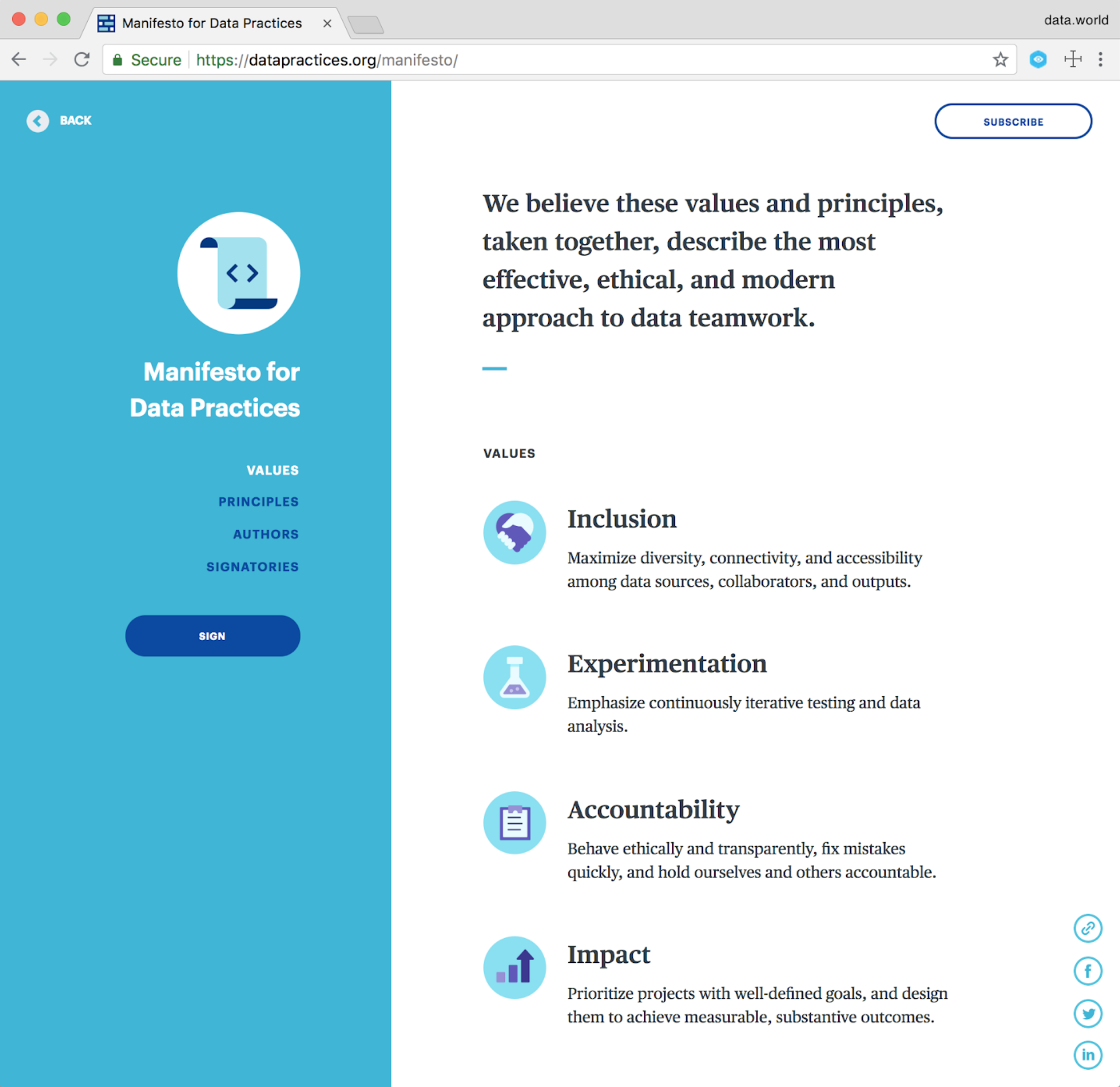

Inclusion
Maximize diversity, connectivity, and accessibility, amoung data sources, colaboration, and outputs.
Experimentation
Ephasise continuously iterative testing and data analysis.
Accountability
Behave ethically and transparently, fix mistakes quickly, and hold ourselves and others accountable.
Impact
Prioritize projects with well-defined goals, and design them to achieve measurable, substantive outcomes.
39 authors, including:
1,600+ signatories, including:

As it relates to data, write down what your primary organizational challenges are. Consider:
5 minute exercise (solo)


Making Data and Analysis a central part of business decisions, systems, processes, and overall culture.
Ultimately being “data-driven” is about people and not just the technology.
The book “Play Bigger” was targeted primarily at businesses and how they can build a category. Many of these lessons can be applied to the challenge of building good data practice within an organization.
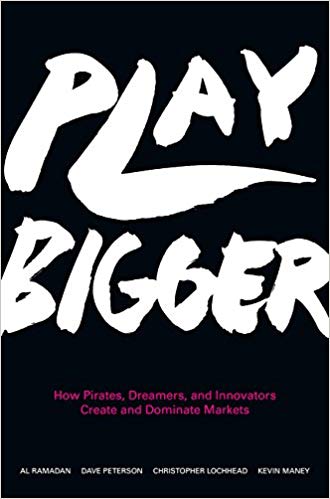
The book “Winning with Data explores the cultural changes big data brings to business, and shows you how to adapt your organization to leverage data to maximum effect. Authors Tomasz Tunguz and Frank Bien draw on extensive background in big data, business intelligence, and business strategy to provide a blueprint for companies looking to move head-on into the data wave.”
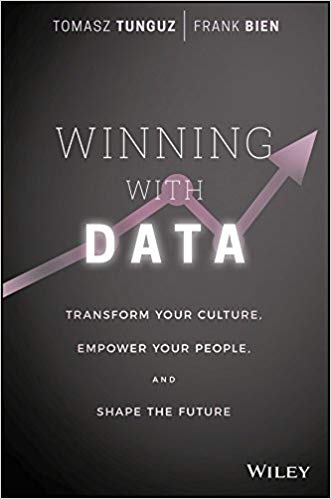

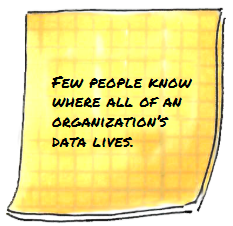
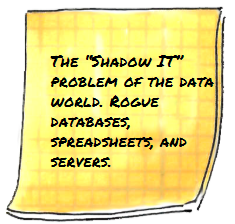
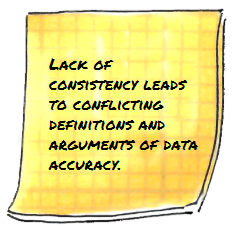
Data is dramatically shaping the future of how decisions are made. Sitting at the confluence of governments, industry, and community, data.world has been watching the ecosystem evolve.
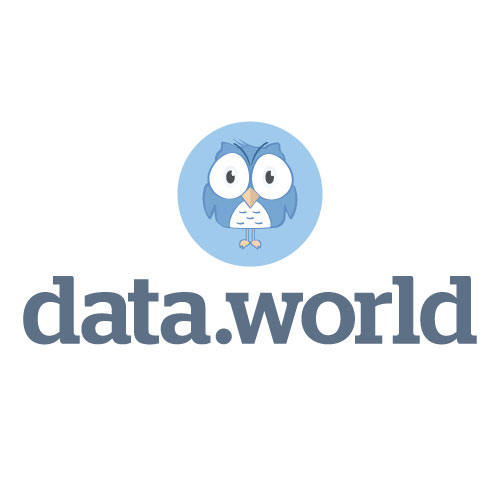
Having heard how others frame the problem, refine your original outline. Consider:
5 minute exercise (solo)


